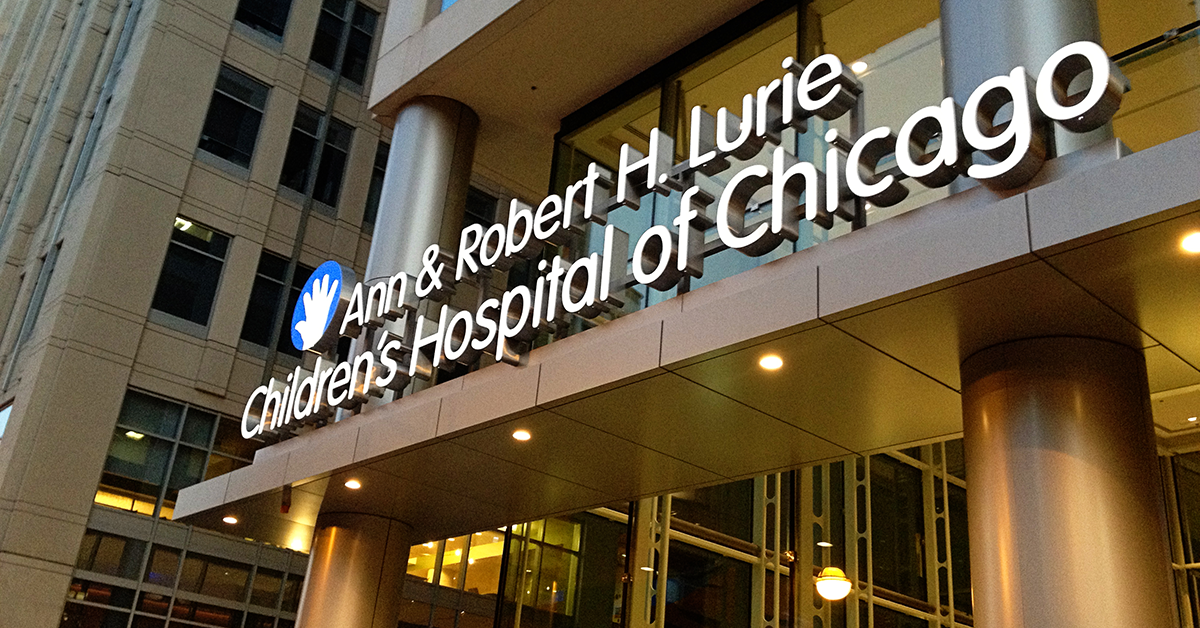A recent study conducted at Ann & Robert H Lurie Children’s Hospital of Chicago and published in the Journal of Allergy and Clinical Immunology (JACI) concluded that the elimination of the foods that trigger eczema in children is associated with an increased risk of those children developing immediate reactions to food, ranging from hives to full-blown anaphylaxis.
 “Our findings suggest that families of children diagnosed with food-triggered atopic dermatitis should be prepared to respond to a full-blown food allergy reaction if the child is accidentally exposed to the food in question,” says Anne Marie Singh, MD, senior author of the study and an allergist at Ann & Robert H. Lurie Children’s Hospital of Chicago. “These children need an emergency action plan and an injectable epinephrine to keep them safe.”
“Our findings suggest that families of children diagnosed with food-triggered atopic dermatitis should be prepared to respond to a full-blown food allergy reaction if the child is accidentally exposed to the food in question,” says Anne Marie Singh, MD, senior author of the study and an allergist at Ann & Robert H. Lurie Children’s Hospital of Chicago. “These children need an emergency action plan and an injectable epinephrine to keep them safe.”
The study of 298 patients diagnosed with food-triggered atopic dermatitis found that 19% who had no history of immediate food reactions developed an allergy to the food after elimination from the diet.
Food is the trigger for up to 30% of patients with moderate to severe atopic dermatitis, generally children younger than 5 years. In the past, families were instructed to eliminate the trigger foods from the patient’s diet, but this study indicates that those recommendations should in some cases be modified.
“Given that in our study strict elimination diets as management for atopic dermatitis clearly increased the risk of immediate reactions, more research is needed to see if children may benefit from keeping tolerable amounts of the food allergen in their diet,” says Singh, who is also an Assistant Professor of Pediatrics and Medicine at Northwestern University Feinberg School of Medicine. “Families should work with an allergist to determine the optimal treatment course for their child.”
More research is needed to determine whether tolerable amounts of trigger foods should remain in a child’s diet to help prevent the development of immediate reactions later.





